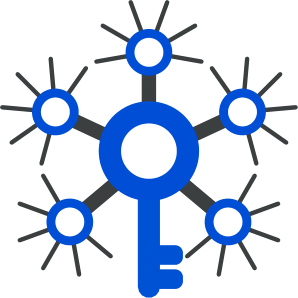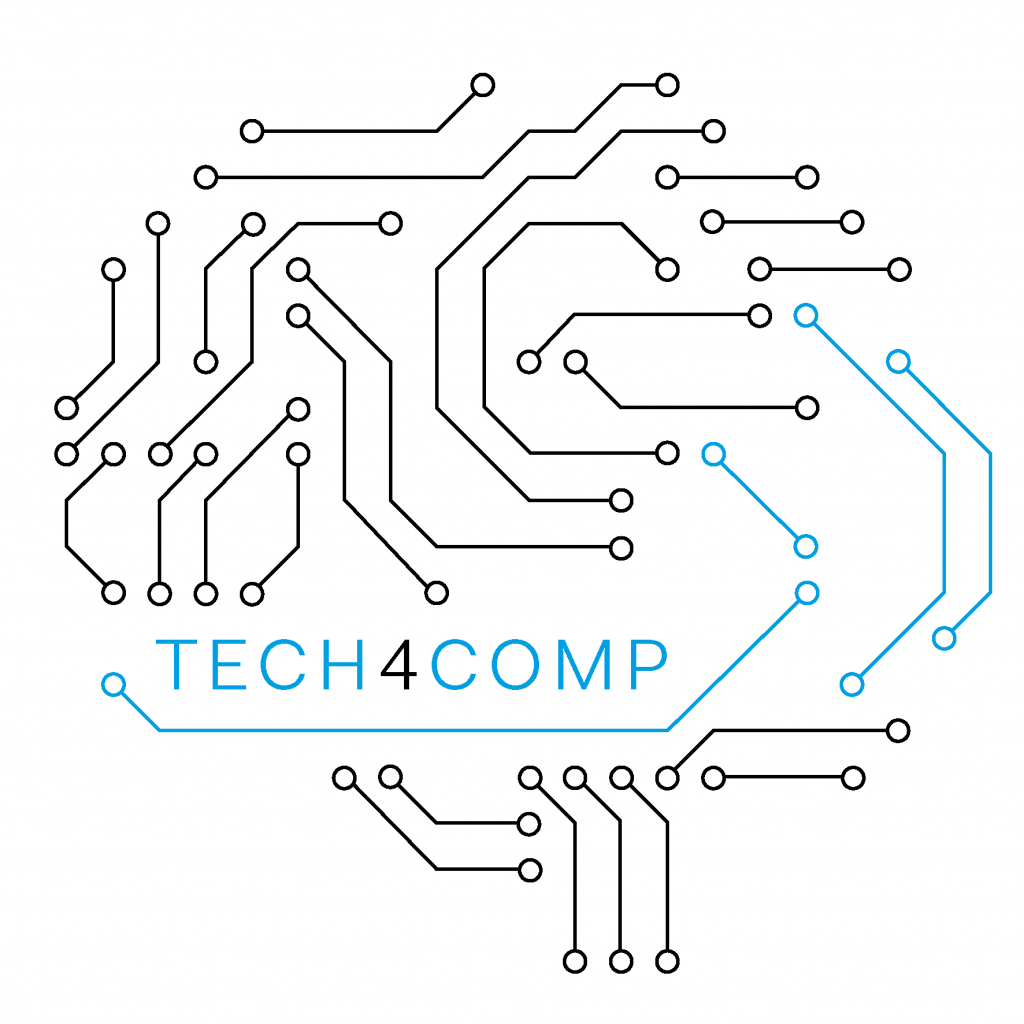First International Workshop “Intelligence Support for Mentoring Processes in Higher Education (IMHE 2020)” at ITS 2020


Website: https://its2020.iis-international.org/
Due to many requests, we extended the deadline to April 27, 2020.
Mentoring is the activity of a senior person (the mentor) sharing domain knowledge to a less experienced person (the mentee). Mentoring support is based on a trustful, protected and private atmosphere between the mentor and the mentee. The goal is to develop a professional identity and to reflect the current situation. At universities, mentors are senior academics or skilled employees while mentees are mostly students with different competences. Intelligent tutoring systems have a long tradition, focusing on cognitive aspects of learning in a selected domain. They were successfully applied especially in such areas, where the domain knowledge can be well formalised with the help of experts. Nevertheless, in the learning process also motivations, emotions and meta-cognitive competences play a crucial role. These can be nowadays quite well recognised and monitored through big educational data and a wide spectrum of available sensors. This enables the support also for the mentoring process, which is more spontaneous, holistic and depends on the needs and interests of the mentee.
Psychological and emotional support are at the heart of the mentoring relationship, underpinned by empathy and trust. Various roles and success factors for mentoring have been identified as well.
We want to look at these aspects and investigate how they were technologically supported, in order to specify the requirements for intelligent mentoring systems. This should help us to answer the following questions: How can we design educational concepts that enable a scalable individual mentoring in the development of competences? How can we design intelligent mentoring systems to cover typical challenges and to scale up mentoring support in universities? How can we design an infrastructure to exchange data between universities in a private and secure way to scale up on the inter-university level. How can we integrate heterogeneous data sources (learning management systems, sensors, social networking sites) to facilitate learning analytics supporting mentoring processes?
Topics include but are not limited to:
- Pedagogical models of mentoring
- Peer mentoring & crowdsourcing mentoring
- Workplace & career mentoring
- Meta-cognitive competences of mentoring
- Chatbots in Mentoring
- Mixed Reality Mentoring
- Wearables and Sensors for mentoring
- Self-regulated mentoring, nudging & behaviour change
- Mentoring analytics
- Mentoring support in learning management systems
- Mobile mentoring support
- Design and research methodologies for mentoring support
- Measuring and Analysing mentoring support
- Visualization techniques for mentoring support
- Motivation and gamification of mentoring support
- Deep learning, machine learning and data mining in mentoring support
- Recommender technologies for mentoring support (mentor-mentee matching)
- Semantic technologies for mentoring support (ontologies, domain & mentoring models)
- Distributed mentoring environments (cloud & p2p platforms)
- Mentoring for specific domains & subjects (math, engineering, social sciences, pedagogy)
- Affective computing for mentoring
- Requirements of intelligent mentoring systems
Submission and Deadlines
Position papers should be written in English and they should be 6-8 pages in LNCS format. Please submit your papers as a PDF document via EasyChair(click submission link here). All
submissions will be subject to a double-blind review process. A publication of the accepted papers is planned as a volume in the CEUR-WS.org series. The call for papers for an article collection in Frontiers of Artificial Intelligence is open.
Key dates are:
27 April 2020 – Paper submission deadline (Extended)
8 May 2020 – Notification of acceptance/rejection
1 june 2020 – Deadline for authors to submit final manuscript for publication
9 June 2020 – 13.00 – 16.00 CET – Workshop – Attending the workshop is free
31 July 2020 – Submit an abstract to our article collection at Frontiers of AI
31 October 2020 – Submit a full article to our article collection at Frontiers of AI
Program
- 13.00 – 13.15 Introduction
- 13.15 – 14.15 Paper Session
- Norbert Pengel, Anne Martin, Tamar Arndt, Roy Meissner, Alexander Neumann, Peter de Lange and Heinz-Werner Wollersheim: TecCoBot: Technology-aided support for self-regulated learning ? Automatic feedback on writing tasks via Chatbot
- Roy Meissner and Andreas Thor: Flexible Educational Software Architecture: at the example of EAs.LiT 2
- 14.15 – 14.45 Interactive Feedback Session – What is your interest in mentoring?
- 14.45 – 15.45 Paper Seesion
- Jakub Kuzilek, Milos Kravcik and Rupali Sinha: Analysis of Discussion Forum Data as a Basis for Mentoring Support
- Viktoria Pammer-Schindler: From a Conversational Agent for Time Management towards a Mentor for (Study) Life Priorities: A Vision
- 15.45 – 16.00 Frontiers Call, Proceedings, any other business.
Workshop Organizers
- Ralf Klamma (RWTH Aachen University, Germany)
- Milos Kravcik (DFKI, Germany)
- Elivira Popescu (University of Craiova, Romania)
- Viktoria Pammer-Schindler (Graz University of Technology, Austria)
Program Committee
- Ella Haig, University of Portsmouth
- Galia Angelova, Bulgarian Academy of Science, Bulgaria
- Davinia Hernández-Leo,University Pompeu Fabra, Barcelona, Spain
- Elise Lavoué, University Lyon 3, France
- Olga C. Santos, Grupo aDeNu, Madrid, Spain
- Maiga Chang, Athabasca University, Canada
- Tamas Horvath, ELTE Budapest, Hungary
- Zuzana Kubincova, Comenius University, Slovakia
- Marco Temperini, Sapienza University of Rome, Italy
